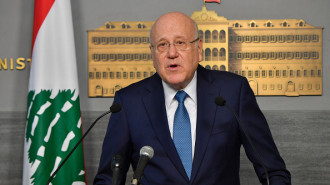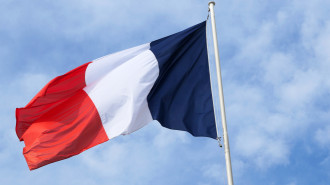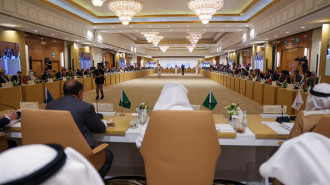Trump plays down talk of US strikes on Iran following Saudi attacks
Trump plays down talk of US strikes on Iran following Saudi attacks
It comes after Saudi Arabia made their case for a global response to suspected Iran strikes on its oil infrastructure.
2 min read
Trump has played down talk of a military response [Getty]
US President Donald Trump on Wednesday played down a military response to suspected Iranian strikes on Saudi oil infrastructure, saying there are other options on the table.
Trump said "there are many options", in dealing with Iran.
"There's the ultimate option," he said, meaning "war", but added that there are options a lot less than that," he said.
He said that details of newly announced sanctions will come within 48 hours.
Asked by reporters about a possible US attack on Iran, Trump said "there are many options. There's the ultimate option and there are options a lot less than that".
He explained that by "ultimate option" he meant "war."
Trump said more details about sanctions, announced earlier on Wednesday, would be made public "over the next 48 hours".
It comes after Iran was blamed for a series of strikes on Aramco facilities in eastern Saudi Arabia on Saturday, causing a major disruption in oil supplies and putting into question the planned IPO of the state-owned energy giant.
Saudi Arabia on Wednesday presented its case for Iran being behind the strikes, which is said used cruise missiles and drones.
Riyadh also rejected claims by Yemen's Houthis that it carried out the attacks, with US and Saudi intelligence saying the strikes originated in the north.
Trump appeared to cast off demands by some in the Republican Party for more a more aggressive response to the alleged Iranian strikes.
"There's plenty of time to do some dastardly things," he said. "If we have to do something we'll do it without hesitation."
He also drew attention to past US intervention in Iraq and other countries. "How did that work out?" he asked.
Although US officials have indicated they clearly believe the Saudi blame placed on Iran, despite Tehran's denial, Trump has yet to state this fully in public.
"We're really at a point now where we know very much what happened," he said, without giving more detail.
Trump had reportedly been hoping for speak with Iranian President Hassan Rouhani at next week's UN General Assembly in New York.
On Wednesday, Iranian state media reported that Rouhani and his delegation were having trouble obtaining US visas.
US Secretary of State Mike Pompeo declined to comment specifically on the case, but suggested that the Iranians should be denied because of what he said was the country's "terrorism."
Trump said "if it was up to me I'd let them come."
Trump said "there are many options", in dealing with Iran.
"There's the ultimate option," he said, meaning "war", but added that there are options a lot less than that," he said.
He said that details of newly announced sanctions will come within 48 hours.
Asked by reporters about a possible US attack on Iran, Trump said "there are many options. There's the ultimate option and there are options a lot less than that".
He explained that by "ultimate option" he meant "war."
Trump said more details about sanctions, announced earlier on Wednesday, would be made public "over the next 48 hours".
It comes after Iran was blamed for a series of strikes on Aramco facilities in eastern Saudi Arabia on Saturday, causing a major disruption in oil supplies and putting into question the planned IPO of the state-owned energy giant.
Saudi Arabia on Wednesday presented its case for Iran being behind the strikes, which is said used cruise missiles and drones.
Riyadh also rejected claims by Yemen's Houthis that it carried out the attacks, with US and Saudi intelligence saying the strikes originated in the north.
Trump appeared to cast off demands by some in the Republican Party for more a more aggressive response to the alleged Iranian strikes.
"There's plenty of time to do some dastardly things," he said. "If we have to do something we'll do it without hesitation."
He also drew attention to past US intervention in Iraq and other countries. "How did that work out?" he asked.
Although US officials have indicated they clearly believe the Saudi blame placed on Iran, despite Tehran's denial, Trump has yet to state this fully in public.
"We're really at a point now where we know very much what happened," he said, without giving more detail.
Trump had reportedly been hoping for speak with Iranian President Hassan Rouhani at next week's UN General Assembly in New York.
On Wednesday, Iranian state media reported that Rouhani and his delegation were having trouble obtaining US visas.
US Secretary of State Mike Pompeo declined to comment specifically on the case, but suggested that the Iranians should be denied because of what he said was the country's "terrorism."
Trump said "if it was up to me I'd let them come."

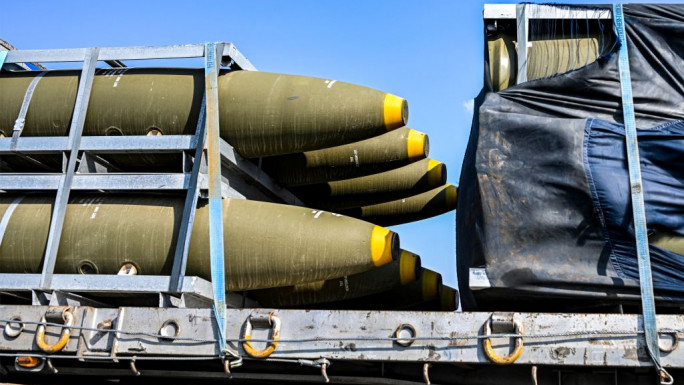

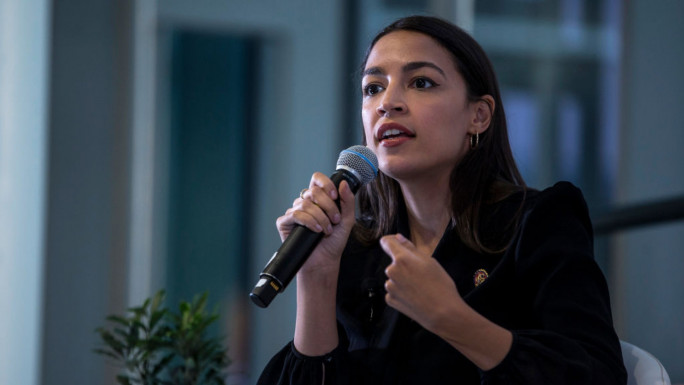
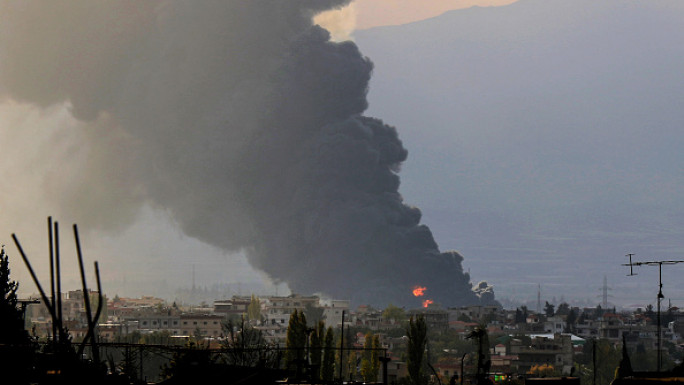
 Follow the Middle East's top stories in English at The New Arab on Google News
Follow the Middle East's top stories in English at The New Arab on Google News
